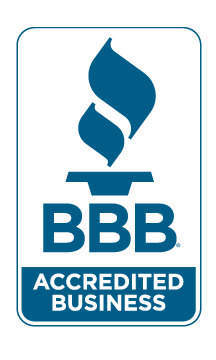In the life insurance industry, the compensation structure for agents is a fundamental aspect of their financial management and operational strategy. This compensation typically takes the form of commissions, which can significantly vary based on several factors such as the policy size, the product type, and the insurer's specific commission structure. Life insurance products like Final Expense and Simple-Issue Term usually offer the highest commission rates due to their larger profit margins for the company. Agents typically receive a significant percentage of the premium paid during the first year, often with contracting starting between 90% to 120%, followed by renewal commissions that can last up to a decade, depending on the company's policy.
For agents, a pivotal decision in their financial planning is the choice between advanced commissions and as earned commissions, each with its implications for cash flow and risk management. Advanced commissions provide agents with immediate income upon the issuance of a policy or when the premium is paid, acting as a financial bridge during the initial, often challenging, phase of building a book of business. This upfront payment is essentially a pre-payment of future commissions based on the expected premiums and must be managed carefully due to the risk of chargebacks if the policyholder fails to continue paying premiums. This risk is particularly accentuated in scenarios of remote sales, especially with commissions paid on issue, where maintaining strong client relationships might be more challenging.
As earned commissions, on the other hand, are paid out as the insurer receives premiums from the policyholder, aligning the agent's income more directly with the financial performance of the policy. This model can offer a more stable and predictable income flow but requires the agent to have a reliable and ongoing business to ensure consistent earnings. As earned commissions tend to reduce the immediate risk of chargebacks since the commission is paid out in tandem with the premium payments, offering a financial model that may be more sustainable in the long run for agents with established client bases.
Choosing between advanced commissions for policies paid upon issue or with premium and as earned commissions is a strategic decision that impacts an agent's financial stability and risk exposure. While advanced commissions can offer critical financial support, especially to new agents, they also necessitate diligent management of client payments and the inherent risk of chargebacks. Conversely, as earned commissions might offer a slower start but potentially lead to a more sustainable income, emphasizing the importance of building a solid and reliable clientele.
Agents must therefore carefully consider their personal financial needs, risk tolerance, sales strategies, and the specifics of their client relationships when deciding between these commission structures. This decision not only affects their immediate financial situation but also their approach to client engagement and long-term business growth in the competitive landscape of the life insurance industry.
© Copyright










